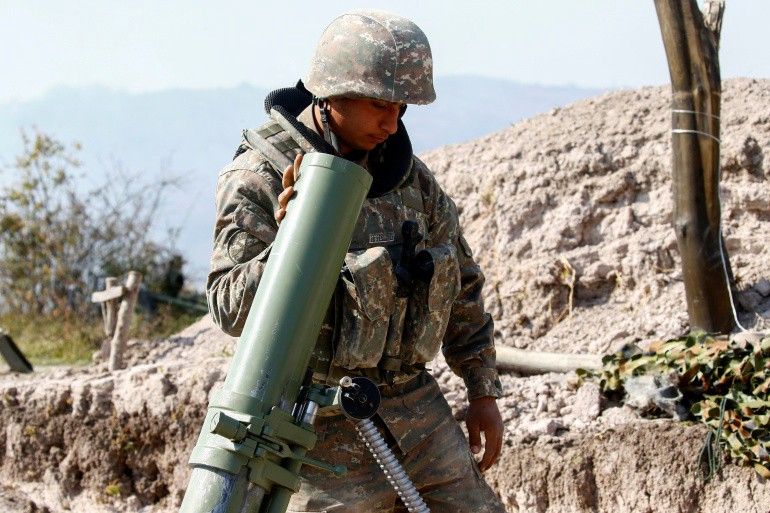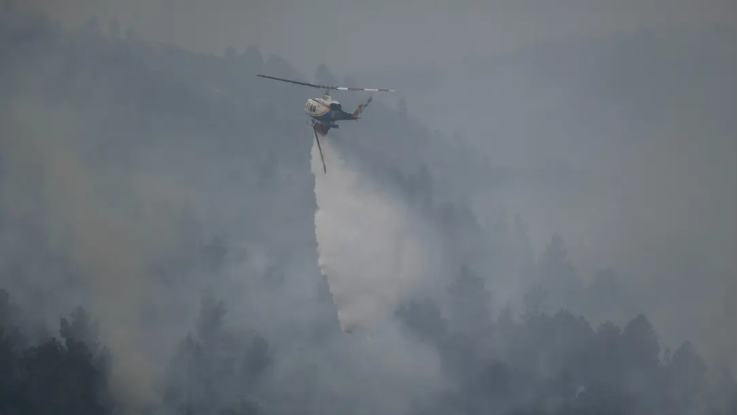Armenia and Azerbaijan Negotiate Ceasefire
An Armenian security official said late on Wednesday that a new ceasefire agreement between Armenia and Azerbaijan had been reached following the most severe fighting between the countries since 2020.

Facts
- An Armenian security official said late on Wednesday that a new ceasefire agreement between Armenia and Azerbaijan had been reached following the most severe fighting between the countries since 2020.
- While Azerbaijan hasn’t yet confirmed the truce, the Armenian Defense Ministry said hours earlier that hostilities had ceased after two days of heavy fighting between the longtime adversaries.
- Also on Wednesday, Armenia’s PM Nikol Pashinyan claimed that Baku’s military had taken control of 10 km2 of Armenian territory during the latest clashes and that Yerevan had appealed to the Moscow-led Collective Security Treaty Organization (CSTO) to help restore its territorial integrity.
- The two former Soviet republics exchanged blame for initiating the latest outbreak of violence related to the decades-long conflict over the Nagorno-Karabakh region. Pashinyan said that 105 Armenian soldiers had been killed, while Baku reported 50 military casualties.
- On Monday night, new border clashes erupted between Armenia and Azerbaijan near the disputed region. The latest round of fighting continued on Tuesday, raising fears of another military escalation.
- In November 2020, Russia, which maintains a regional peacekeeping mission of about 2K troops, brokered a ceasefire agreement between Azerbaijan and Armenia that ended a six-week war over the disputed region that reportedly killed at least 6.5K people.
Sources: Reuters, Al Jazeera, PBS NewsHour, CNN, and DW.
Narratives
- Narrative A, as provided by Daily Sabah. The underlying cause of the recent military clashes is that Yerevan still doesn’t recognize Azerbaijan’s territorial integrity and sovereignty — which includes recognizing Nagorno-Karabakh as Azeri territory. To ensure peace, a new demarcation and delimitation process must be initiated. Unfortunately, Armenia is preventing this by imposing many unreasonable preconditions.
- Narrative B, as provided by Providence. It was Azerbaijan, supported by Turkey, that started a brutal war against Armenia in Nagorno-Karabakh. However, even after the official cessation of fighting, there is no end to Baku’s ceasefire violations and aggressions against Armenians. These include cutting off natural gas supplies to the local population. So far, only Russian peacekeepers have prevented Azerbaijan from unleashing a new full-blown war.
- Narrative C, as provided by WSWS. The timing of the recent violence is suspicious. On the one hand, there are speculations that Moscow might be behind it to distract attention from recent developments in Ukraine. Then again, Baku may have seen Moscow’s distraction and the EU’s growing interest in Azerbaijan’s gas as an opportune time to pursue its interests militarily. Either way, if the truce doesn’t last there is a real danger that the Ukraine war might escalate across the Eurasian landmass.






